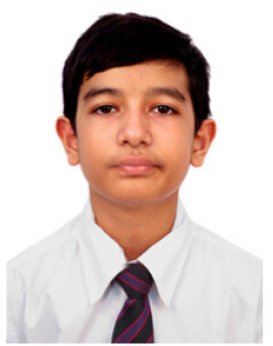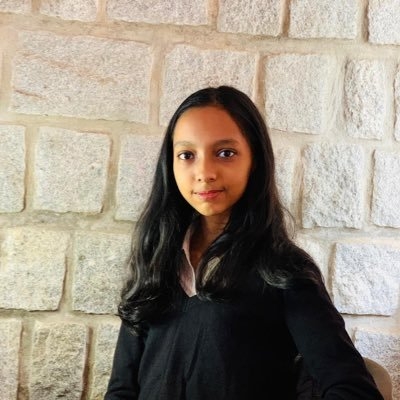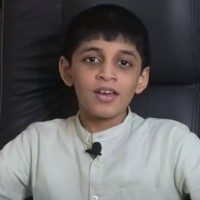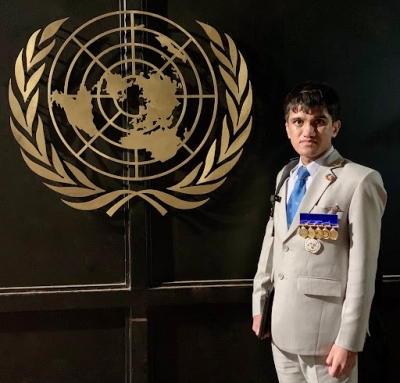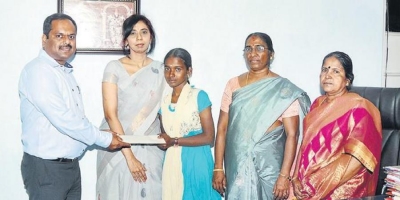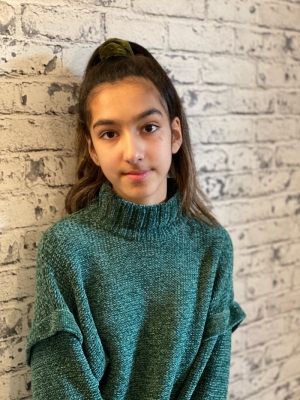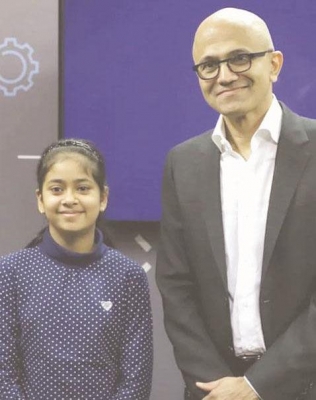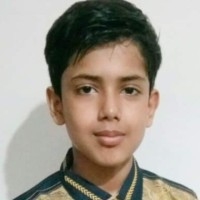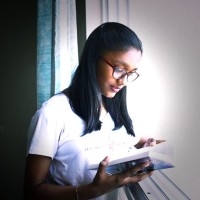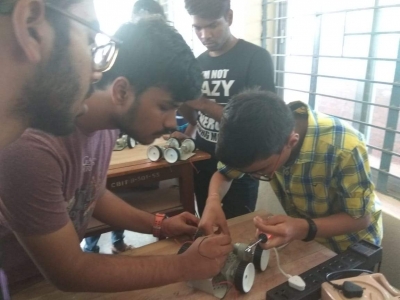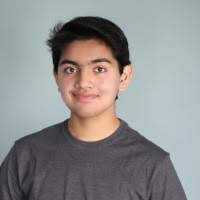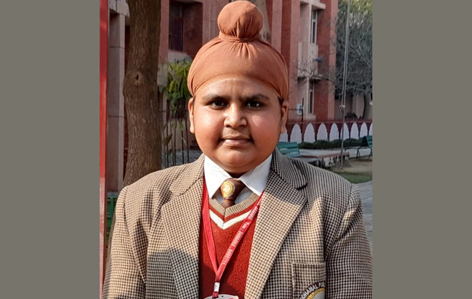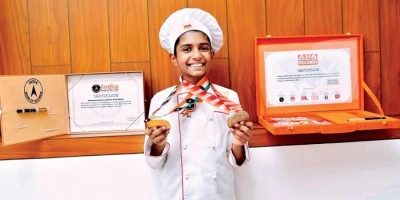Who is the co-CEO of non-profit Edpropective?
What made you set up Edprospective?
Edprospective is a non-profit organisation aiming to provide access to elementary education and vocational training for the less privileged it has been a year-and-a-half since it was founded. Initially, we were only three people working at the organisation, which has grown since. We have managed to help over 250 people across the country. As for my role, I'm the co-founder and co-CEO. I ensure that all the teams such as the outreach team, and the curriculum development team, and the management team are on the same track.
How was it being a delegate at HPAIR?
HPAIR stands for Harvard Project for Asian and International Relations. It is an organisation nun by students and faculty at Harvard University, the U.S. Every year, two conferences take place, one at Harvard and another in an Asian city. These conferences are forum for students to discuss with global leaders important international issues in fields such as geopolitics, technology, trade, etc. I was a delegate at the Harvard College Conference this year, and a notable thing was it was the first time they let high schoolers be a part of it I'm glad to be a part of this programme with a few other teenagers. I had the opportunity to talk to a lot of people in prestigious positions. It was a mind-blowing experience to learn from these high-profile people. I'm also selected to be a delegate at HPAIR'S Asia Conference 2021. I look forward to yet another amazing experience.
Tell us about your journey as an author.
My book "Indian Economics for Anyone" is targeted at those aged between 10 and 14. It was essentially a passion project because I really like Economics. But in India, we can pursue either Science or Humanities after Class XI, and in most cases, Humanities and Science are mutually exclusive. So, I was forced to pick the Sciences. Even though I took Science, I tried to keep my interest in Economics alive through projects such as this book, by participating in competitions such as the University of Chicago's Brattle Economics Case Competition, where I met a Nobel-nominated economist. I wrote this book to provide a re-high-school-level reading to help readers delve deeper into the subject.
What are the challenges you have faced?
To mention just one, when I was in Class or XI was involved in preparing for competitive examinations initially, I thought was on the right track. But soon I realised 1 was a multi-faceted individual who didn't like the idea of being tied down to one discipline, certainly not someone who sits 10 hours a day with textbooks. At the end of Class X 1 decided to quit my JEE preparation and invest my time in things I really cared about, such as my non-profit, and these passion projects. I decided I would move to the US for college because that way. I would have the liberty to do more than just study, initially a lot of people said I wasn't doing the right thing but I did not t worry about that too much i knew I’d doing okay if I stayed true to my sense of purpose. It was hard to make things work When did when I didn't have people who understood what I was doing or supported me but over time when I was making progress, people started understanding what I was doing and in the end, it all worked out well for me.
As a teen entrepreneur, how do you manage time?
Managing time is hard. I tend to have really packed days. Instead of working randomly all day, I try to maximise my efficiency by carefully structuring my schedule I feel good when I am productive. I try to save marginal amounts of time by making marginal changes such as typing instead of writing, listening to audiobooks when I work out planning my day when I write my journal the night before, etc. These changes save me a lot of time.
Lastly, what is the one problem that you want to address and what sort of impact do you want to create on society?
One problem I see is the lack of academic liberty for students. We still have a really restrictive system in terms of the subjects we can pursue, which ultimately restricts our career path. I think students should be provided the liberty to explore their academic interests and be able to carve out a path for themselves. We are making progress towards this goal but we still have a long way to go .That is what I want to do. I want to contribute towards a liberal education system.
Picture Credit : Google
